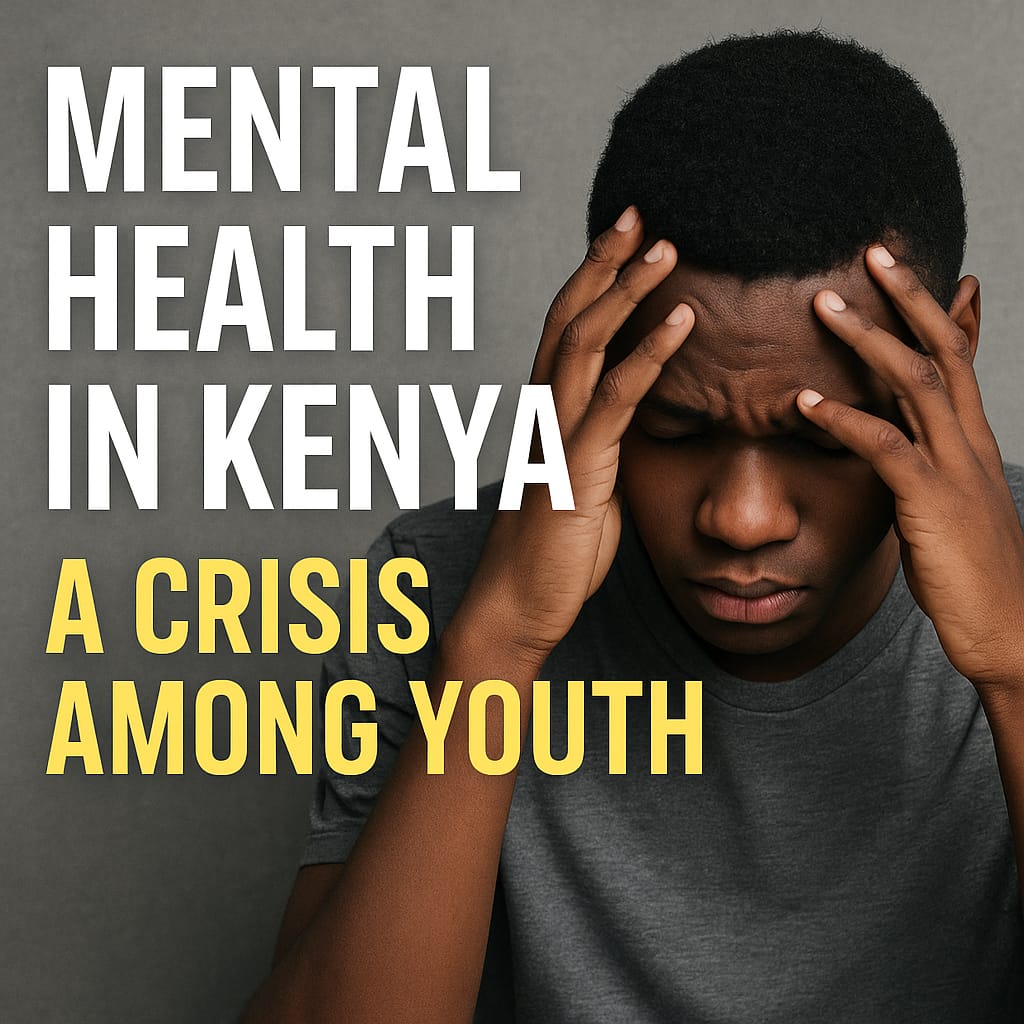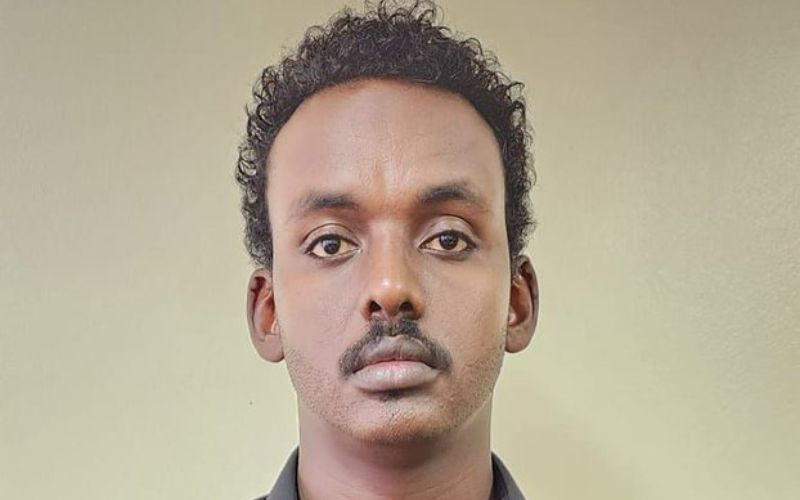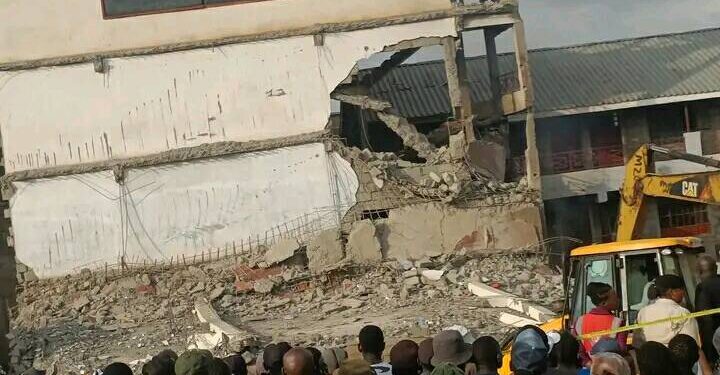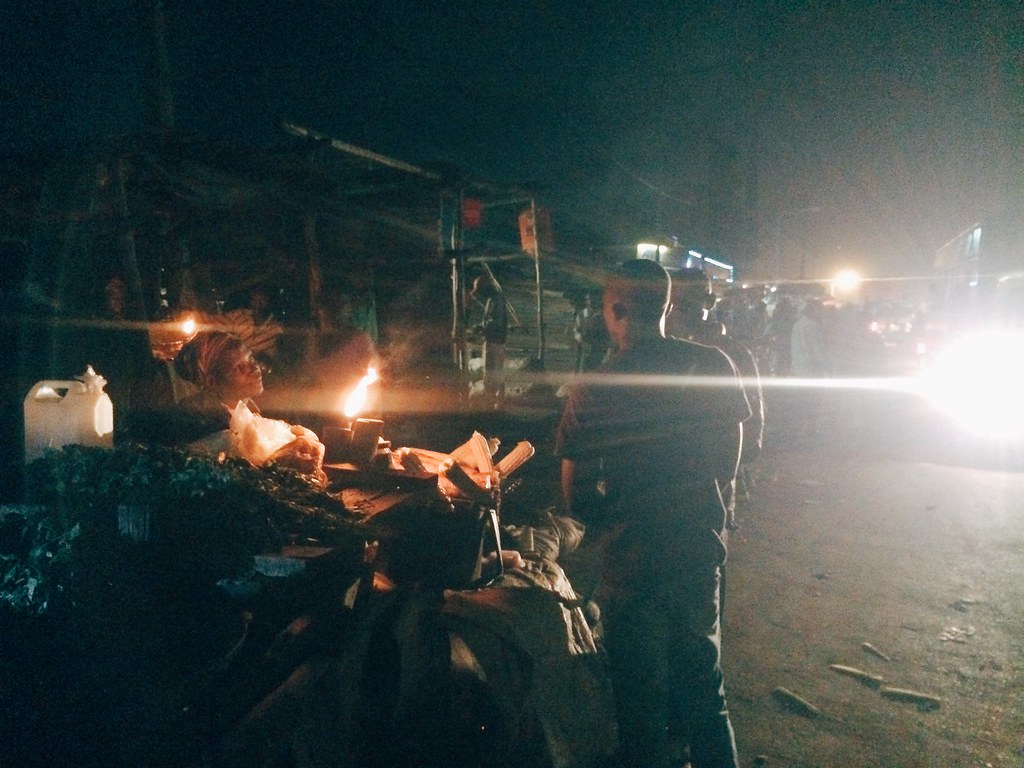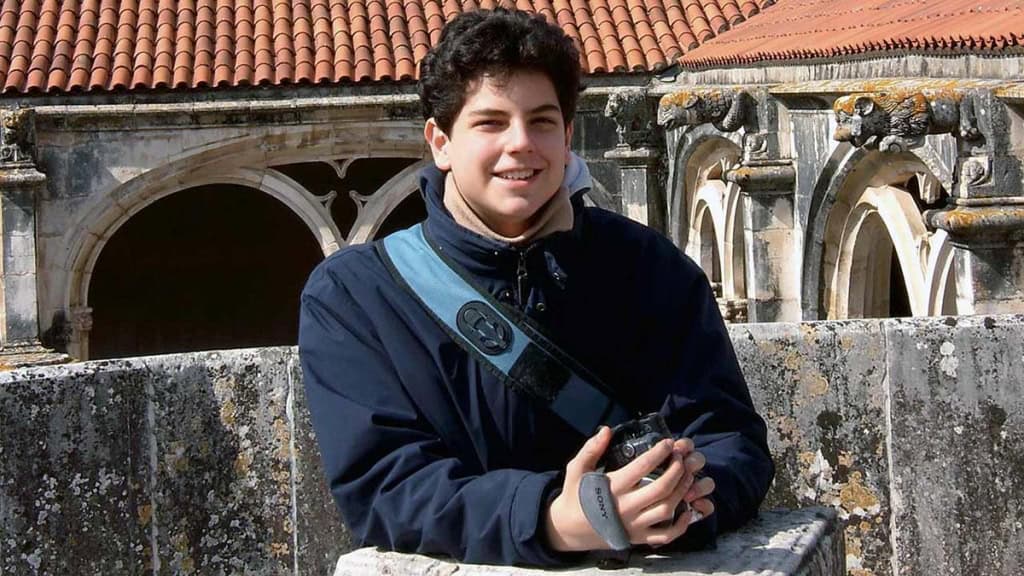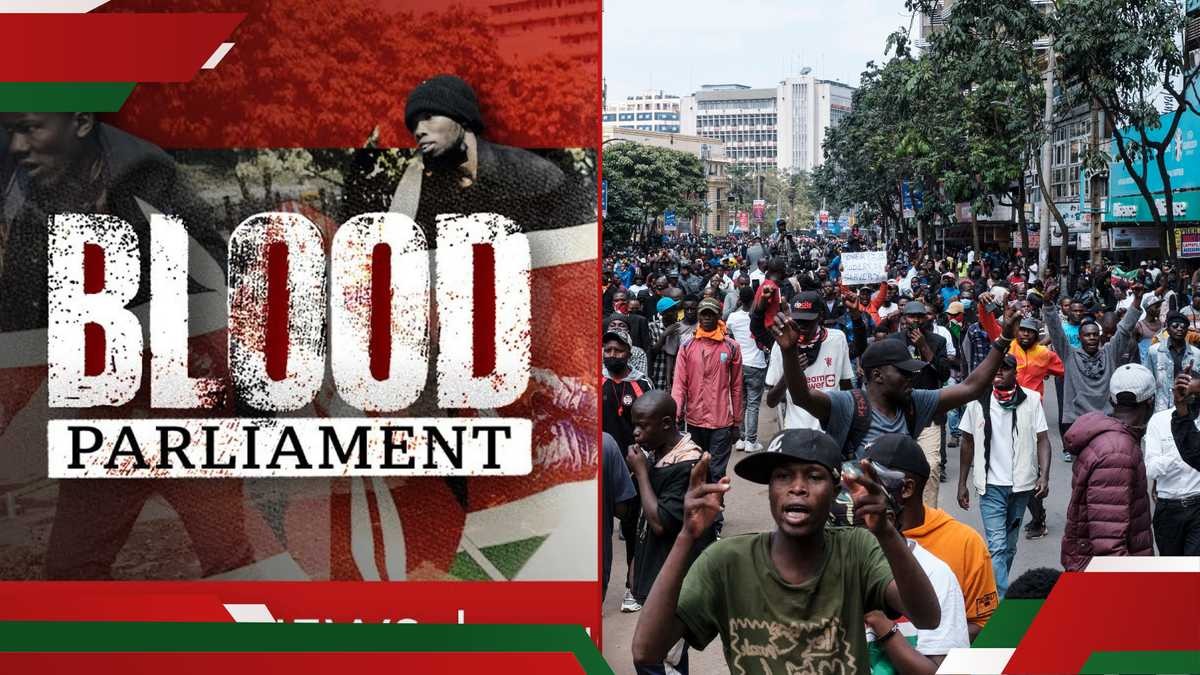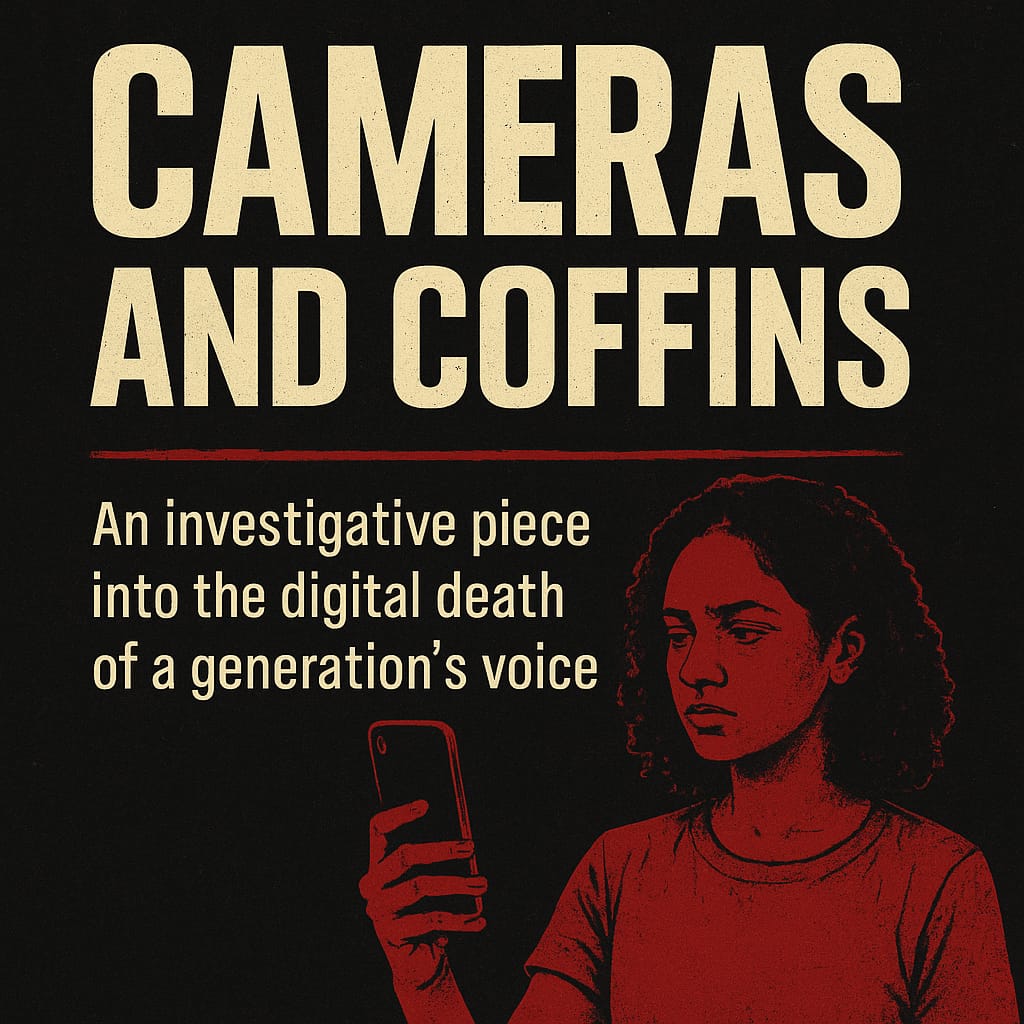When the sun sets over Nairobi and traffic finally dies down, the city doesn’t sleep — it shifts. As the neon lights flicker to life, another economy awakens: one run by Nairobi night workers, the unsung heroes who keep the capital alive in silence.
From security guards standing watch in the cold to food vendors feeding late-shift taxi drivers, these workers form the invisible backbone of the city’s heartbeat.
The Watchmen of Nairobi
At the gate of a corporate building along Westlands, Peter, a 32-year-old security guard, adjusts his heavy coat. He has worked night shifts for six years.
“People think night guards just stand around, but this is when crime is most active. You have to be alert. Sleep is a luxury we don’t have,” he says with a tired smile.
While most Nairobians worry about office deadlines, Peter worries about the thugs who strike when it’s darkest.
The Matatu Crews on the Midnight Run
At 1 a.m., the matatus of Umoja, Rongai, and Githurai are still moving. Conductors shout destinations into the night, ferrying students, nurses, and partygoers. For them, the night is when real money is made.
“Daytime is for traffic jams, but at night we fly. One trip after another, no wasting time,” says Kevin, a conductor who works the Eastlands route until dawn.
Boda Boda Riders & Delivery Hustlers
With the rise of 24-hour delivery apps, boda boda riders are now Nairobi’s new night lifeline. Rain or shine, they rush through the streets carrying food, parcels, and sometimes passengers who missed the last matatu home.
“Night deliveries pay better. But it’s risky. You don’t know who is calling you sometimes,” says Diana, a rider in South B who supports two kids through night deliveries.
Food Vendors Feeding the Midnight Economy
In downtown Nairobi, smoke rises from roadside grills. The smell of mutura, roasted maize, and chapati fills the air. These food vendors are the fuel of the night economy, keeping everyone from guards to revellers fed.
For Mama Akinyi, who sells tea and mandazi outside a bus station, the night hustle is about survival.
“If I don’t work nights, my children won’t eat. Simple as that,” she says, pouring steaming chai for a driver.
The Price of the Silent Hustle
While the night economy is thriving, it comes at a cost. Night workers face insecurity, exhaustion, and health risks. Many live in constant fatigue, disconnected from their families.
Yet, they carry the weight of Nairobi’s silent hustle — ensuring the city never truly sleeps.
Conclusion
Behind Nairobi’s glittering skyline lies an invisible workforce. These Nairobi night workers guard our homes, move us across the city, deliver our meals, and keep us safe. Their stories remind us that while most of us rest, someone else’s hustle is keeping the city alive.




